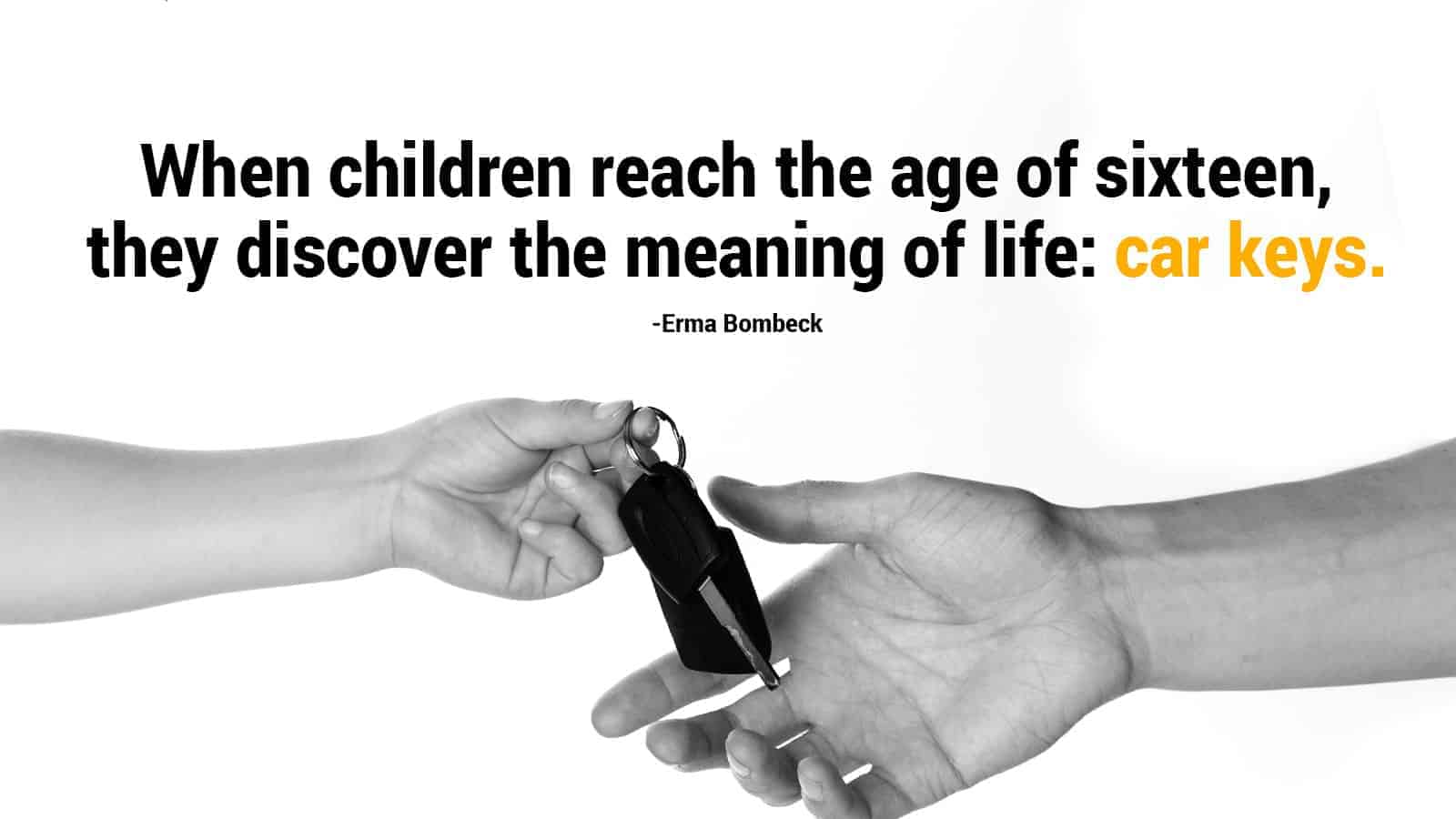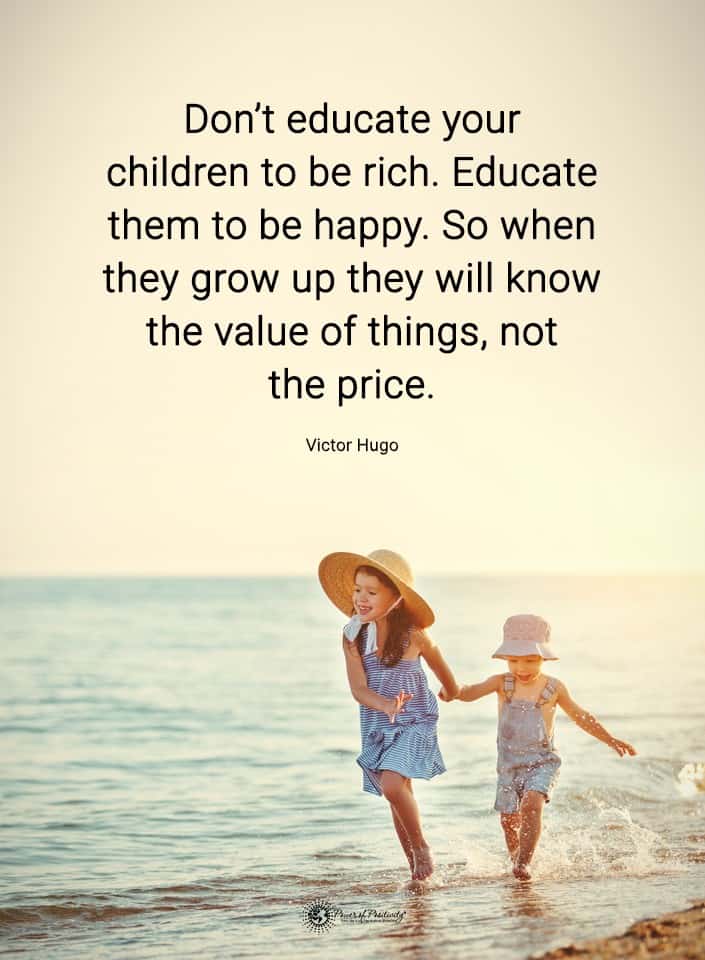The birth order is vital in a family. The oldest child is a test run for the parents as everything is new. They often spoil and coddle this baby because they’ve never done this before. Most parents will spend way more money and time with their firstborn as they are just learning the ropes of parenting.
When the next child comes along, they’re known as the middle sibling in the family order. The middle child doesn’t get the time or attention that the older child did because the parents are more established and have knowledge under their belt. The last child, commonly referred to as the baby, holds a particular spot in the parent’s heart.
The family is recognized as the last sibling born, and they often get special treatment. By this time, the parents have much experience in child-rearing, and they loosen the rules a bit. Many parents are advancing in age and are close to being grandparents, raising this child with a different set of rules than what governed the siblings.
Family dynamics are exciting and complicated. While each child has specific challenges that they must overcome, their position within the family unit cannot go unnoticed. Most people have heard about middle child syndrome and the perils of being wedged in between the oldest and youngest children.
However, there are some special considerations for each person born in the family. Did you know that the oldest child is often a leader and more responsible than the others in the sibling group? Is it possible that their placement in the birth order sets them up to be assertive, healthy, and one that people follow?
Examples of First Born Leaders
 Throughout human history, psychologists studied the birth order and its significance on personality and life. Commonly, those born in the first position tend to be a bit bossy. Thankfully, their domineering nature comes with other good traits like being responsible, organized, and ambitious. These mature and self-disciplined people are natural-born leaders.
Throughout human history, psychologists studied the birth order and its significance on personality and life. Commonly, those born in the first position tend to be a bit bossy. Thankfully, their domineering nature comes with other good traits like being responsible, organized, and ambitious. These mature and self-disciplined people are natural-born leaders.
If you think this is all hype, you should consider some people throughout history who prove this theory to be true. The following people are the oldest child in their family:
- Oprah Winfrey
- George W. Bush
- Winston Churchill
- Emma Watson
- Beyoncé
- Kate Middleton
- Rihanna
- Sandra Bullock
- Taylor Swift
- J. K. Rowling
- Richard Branson
Many studies state the birth order means everything regarding your personality, and then other studies refute such findings. However, amidst all the data is grains of truth that every parent should at least consider.
Do High Expectations Encourage Success?
Perhaps some of the drives that first-born children have come from their parents’ high expectations. Is it any wonder that these kids are often ambitious and strong academic achievers? They grow up with a strong sense of responsibility as their parents expect more from them, so they are often mature.
Setting high standards and making such demands forge these children into leadership. Sure, they have many expectations, but they get a great deal of affection from their parents. The parent takes time to read every book, hold them longer, take them everywhere they go and give them their full and undivided attention.
As with anything new, they dive headfirst into parenting and want to do everything right. Thankfully, parenting skills are fine-tuned, and by the time the next child rolls around, they have become more relaxed. It’s interesting to note that these kids’ high expectations seem to work as self-fulfilling prophecies.
The kids have had positive affirmations spoken to them, and now they want to work hard to live up to their parent’s expectations. It’s uncanny what spending more time and speaking positive things into a child can do for their esteem and life. It’s not that the parents aren’t doing the same thing with the other children, it’s just that the first one in the family gets so much more attention, and it seems to destine them for greatness.
Scientific Studies Back Theories on The Oldest Child
A study was conducted at the University of Texas-Austin to determine the importance of being born first and any implications it had on life. After examining the participants, they found that children born first in the family order are more than 30 percent likely to own a company, become a politician, or do something monumental in their life.
After examining their personality traits, the study found that these first-born kids are more emotionally stable. They also have a persistent nature that gives them the drive they need to keep going. They are socially outgoing, which is another personality trait that is necessary to be a leader.
Lastly, they are willing and able to assume responsibility regardless of the difficulty. First-born children take the initiative because it’s built-in them to have a take-charge nature. Another interesting notation from the study was that first-born kids tend to have higher IQs.
Oddly enough, this is believed to be caused by the strict nature and the time the parents had to invest with this child. Your words are powerful and can change the atmosphere. In recent times, the importance of positive affirmations has come to the forefront.
 Speaking Positive Affirmations to Your Child
Speaking Positive Affirmations to Your Child
Speaking positive things over someone can have a significant impact on their life. It’s dually noted that a parent devotes more time and energy to the oldest child simply because of their family position. One of the critical things that could be the difference in this child is the amount of positivity spoken over them. Parents often say something to the firstborn like:
- You’re going to do great things in this life.
- You will reach every goal you set.
- You could do any job that you wish when you grow up.
- There’s no one as amazing and wonderful as you.
- I pray blessings over you that you will have all your heart’s desires.
Now, if you speak these things into any child day in and day out, don’t think for one minute that it won’t have a dramatic impact on their life. Sayings like this can have a significant influence on a kid as well:
- I love you so much.
- You’re the best thing that’s ever happened to me.
- I’m so glad you’re in my life.
You can easily see how building this child up like this is going to have a positive impact. It’s not that the parents don’t care or don’t try to build up the other children in the family, but they don’t devote the time and energy because their parenting styles evolve.
The Time You Spend with Your Children Counts
Some say that first parents are a bit over-zealous with their oldest child. They read to them every day, have them trying to read at a young age, and work on hand-eye coordination techniques to advance them in life. When the other children come around, there’s less time to devote to such tasks.
A study was conducted by the Children of the National Longitudinal Survey of Youth that looked at the IQs of children between the ages of 14-21. They wanted to see what impact the family order had on their intelligence. Shockingly, firstborn children often have higher IQs than those born later into the family.
Another interesting thing the study uncovered is the mother’s habits while the child was in the womb. First-time moms start prenatal vitamins earlier, get to the doctor sooner, and take better care of themselves. Since this is a new experience, they want to avoid caffeine, lunch meat, over-the-counter medications and make sure they do everything they can to have a healthy baby.
It’s not that mothers don’t care about other kids; it’s just that they’ve already done this process once, and everything turned out fine. So they adjust and relax a bit on the stringent rules.
 Final Thoughts on How Parents May Instill a Different Attitude into the Oldest Child
Final Thoughts on How Parents May Instill a Different Attitude into the Oldest Child
To sum things up, the theories on the oldest child and the birth order come down to one thing; the extra time parents spend with this child destines them for success. The shifts that come about in the maternal attitudes change how the other children turn out. The parents love all their children the same, but the time restraints and methods are what evolves.
When you examine the fact that parents are teaching their kids to count, do their alphabet, and read by the age of three, it’s programming them for success. They aren’t leaving it up to the education system as they’re taking an active approach and putting them ahead of the game. The extra time and the positivity instilled in these children make the oldest child destined to succeed.
Now, keep in mind that it doesn’t mean that the middle or youngest child cannot be successful too; it just means that they don’t have the advantages of having all their parents’ attention on them, and their development puts them at a slight disadvantage.

















